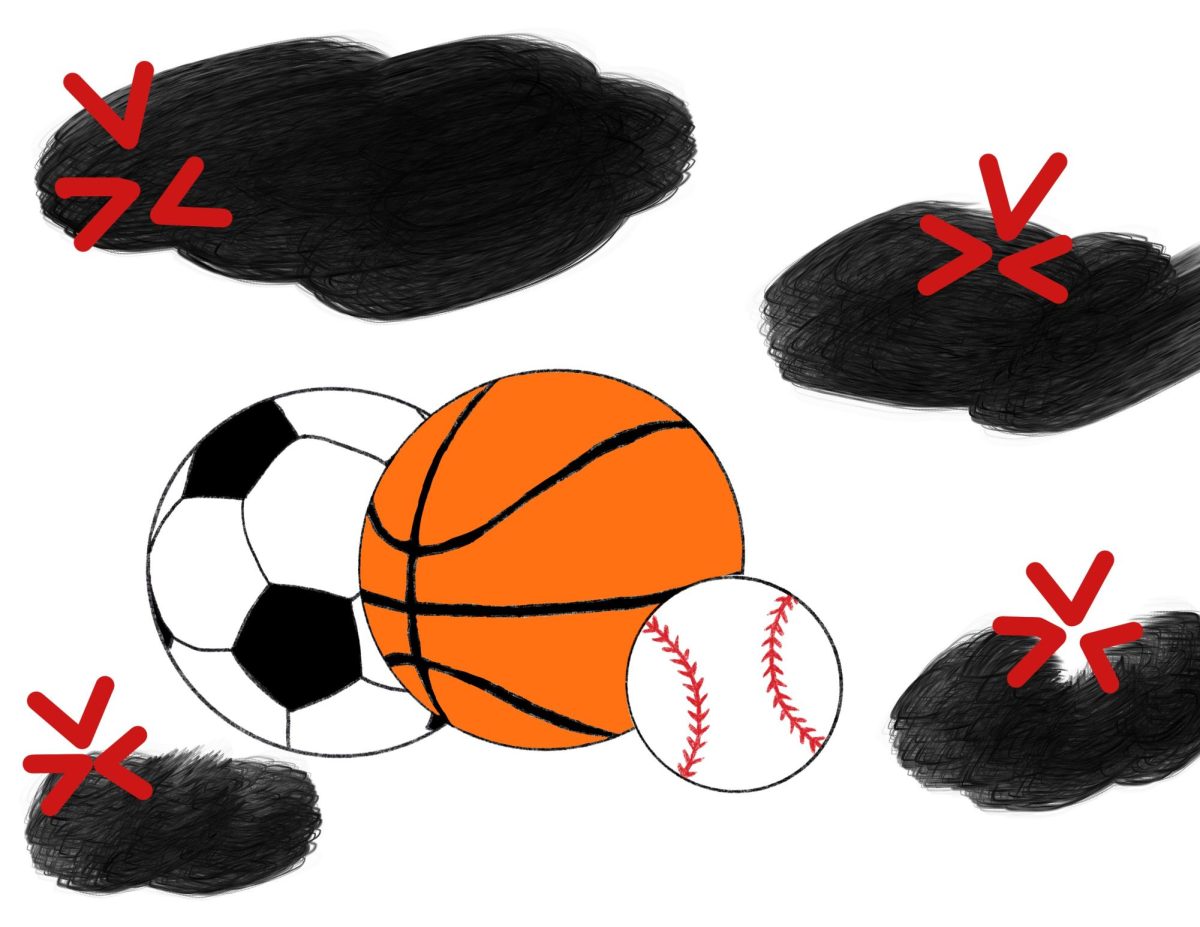In the wake of the new year, most people set a goal or plan for themselves. New Year’s resolutions can be based on physical and mental health, or school. Typically, when making these goals, people set a general or broad plan to accomplish them, such as “I will work out for two hours every day,” or “I will study for five hours every day without a break.” These short-lived goals do not endure because they are unrealistic.
A common example of goals that fail is when people begin going to the gym in the new year. The chances of these new gym members regularly attending is low. “Quitters Day,” usually the second Monday of January, is when individuals typically stop abiding by their resolutions.
To uphold one’s resolutions is easier said than done; it requires an immense amount of motivation and persistence. Rather than creating broad, unrealistic goals, try making a short-term one. For instance, instead of working out for several hours each day, exercise for one hour twice a week. Setting shorter goals will ultimately lead people to be more disciplined and enable them to set long-lasting goals for the future. A great method to use for goal-setting is the SMART criteria, an acronym which stands for Specific, Measurable, Achievable, and Time-bound.
Finding a motivation factor is important; it helps a person progress towards his/her end goal. Sophomore Asher Abir explained, “The goal is what motivates me, and the fact that it [solely] benefits [my future.]” An individual sets goals unique to him/herself, and these goals do not apply to anyone else. Additionally, there are times when achieving one’s goal may seem difficult. This exact reason is why discipline is so important; in times of stress or tiredness, people who are disciplined will still work toward their goal. Once a person starts to see his/her accomplishments, it may have many positive effects on the individual. “My goals are to grow better habits, such as studying, working out more, and being more productive. It has been going well, and [as a result] I have seen growth in my mood and other factors,” Abir added. Furthermore, completing a goal is one of the greatest rewards. “Knowing how accomplished I will feel once I have achieved any goals I have set makes all of [the hard work] worth it,” sophomore Jessie Vuotto commented.
Sophomore Emily Callaghan has a specific time-management strategy for tackling goals: “I use a reminder app on my phone that keeps my resolutions in check and helps me stay motivated, and I am reminded daily of the promises I made for myself for 2025.” A reminder app is an exceptional way to stay on track with goals. There are many apps to choose from, such as Notion, Todoist, and Habit–Daily Tracker. A hand-written planner is also useful. Lastly, have a quote or affirmation to keep in mind as you conquer your 2025 resolutions: “I do not have a goal, just a rough path I am trying to follow,” Abir shared.

































